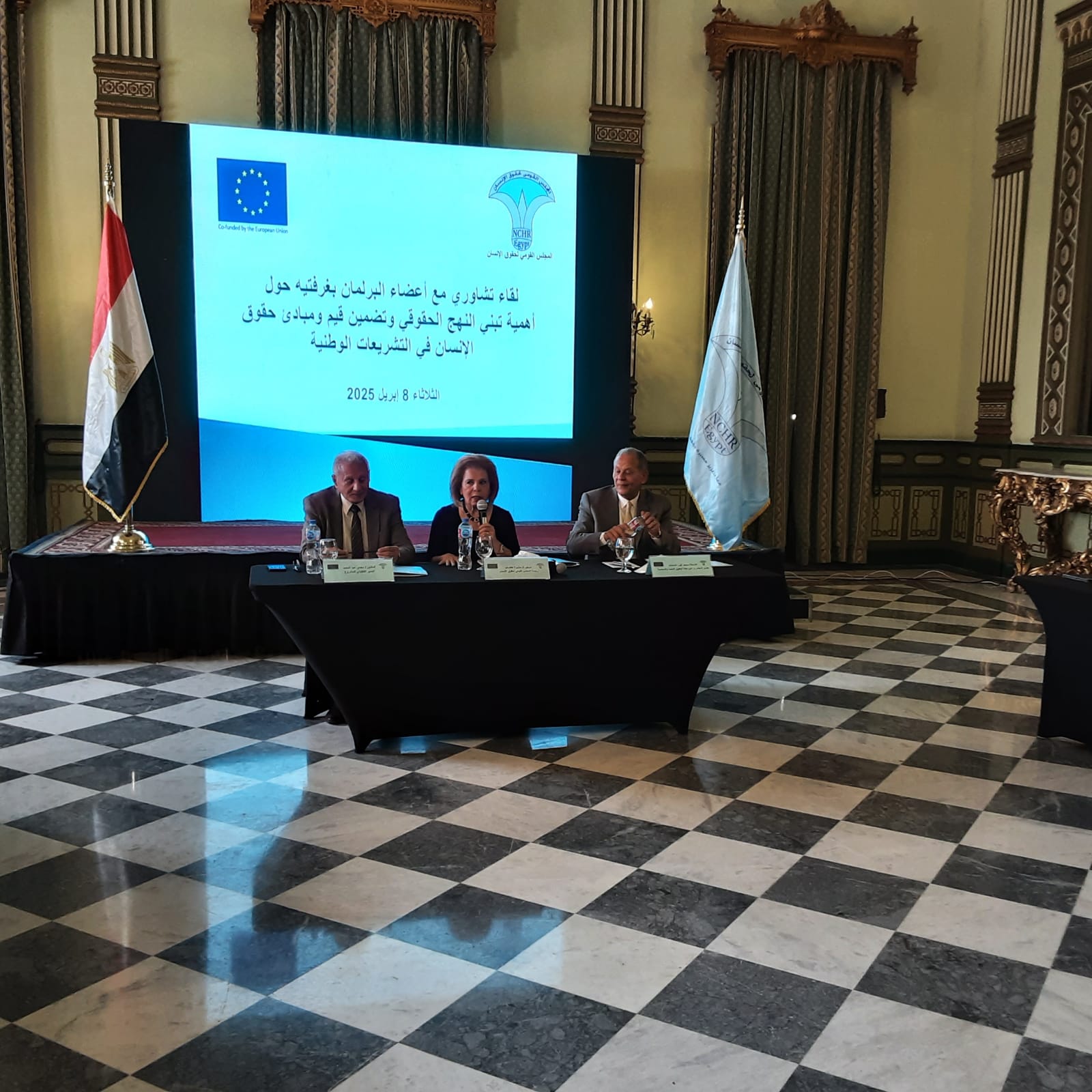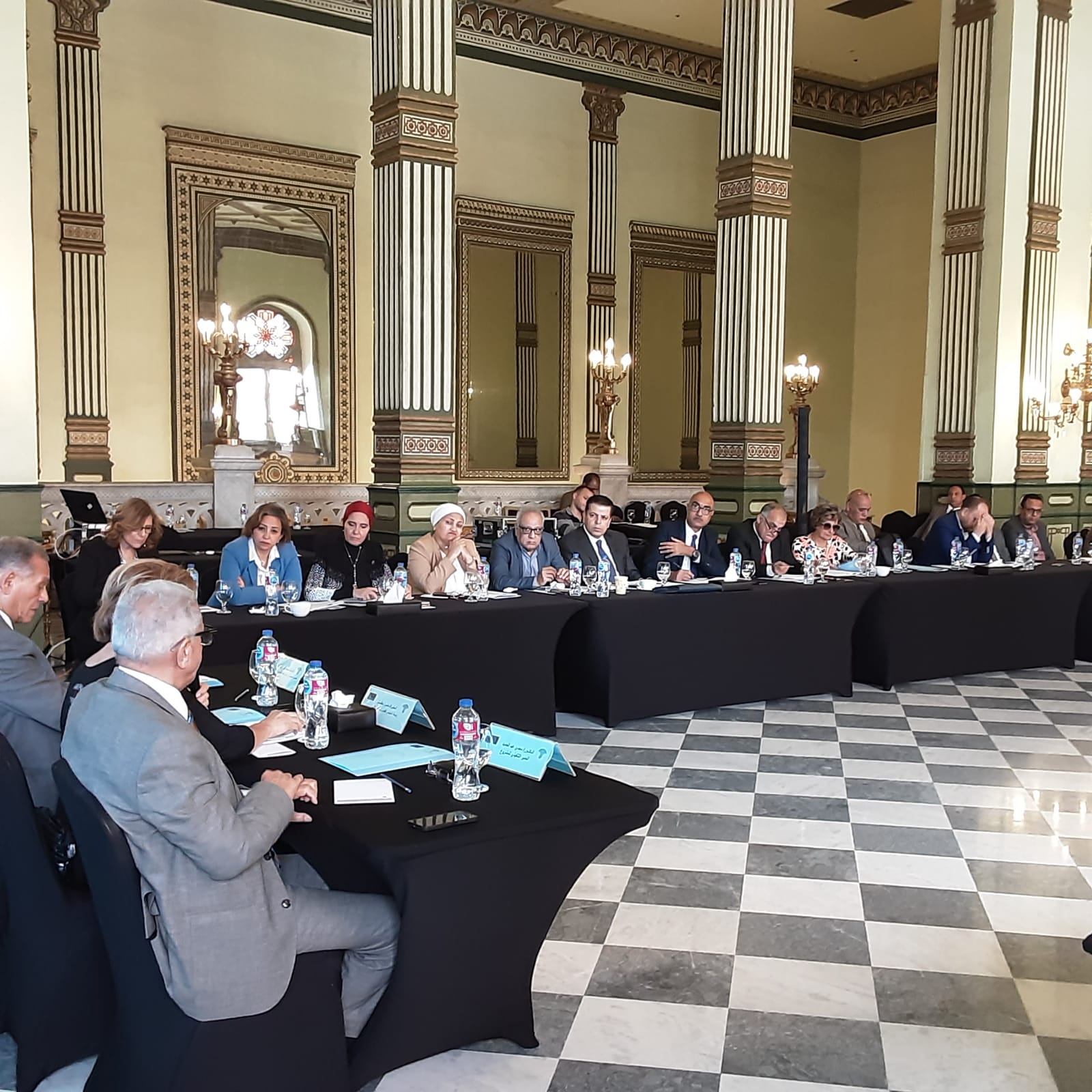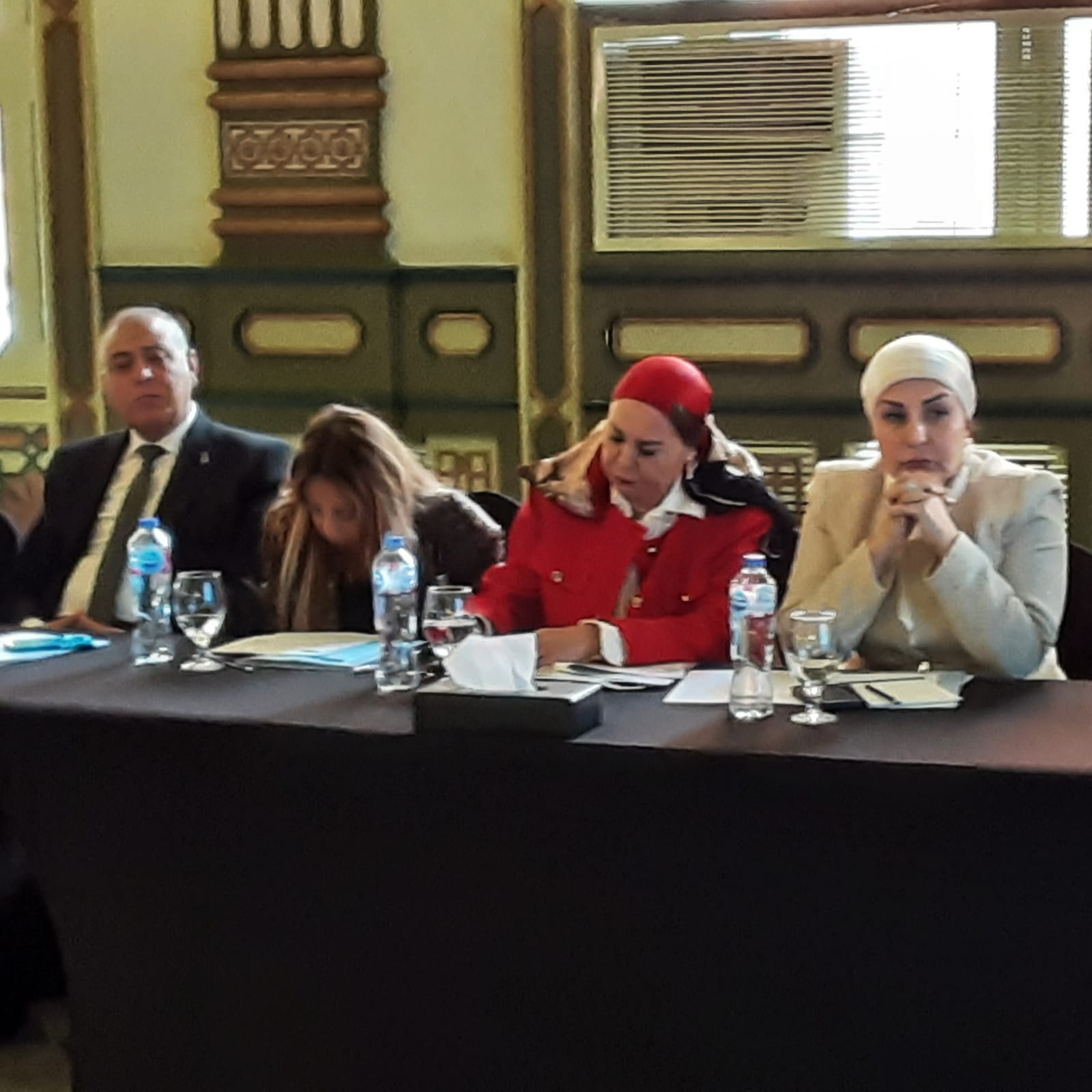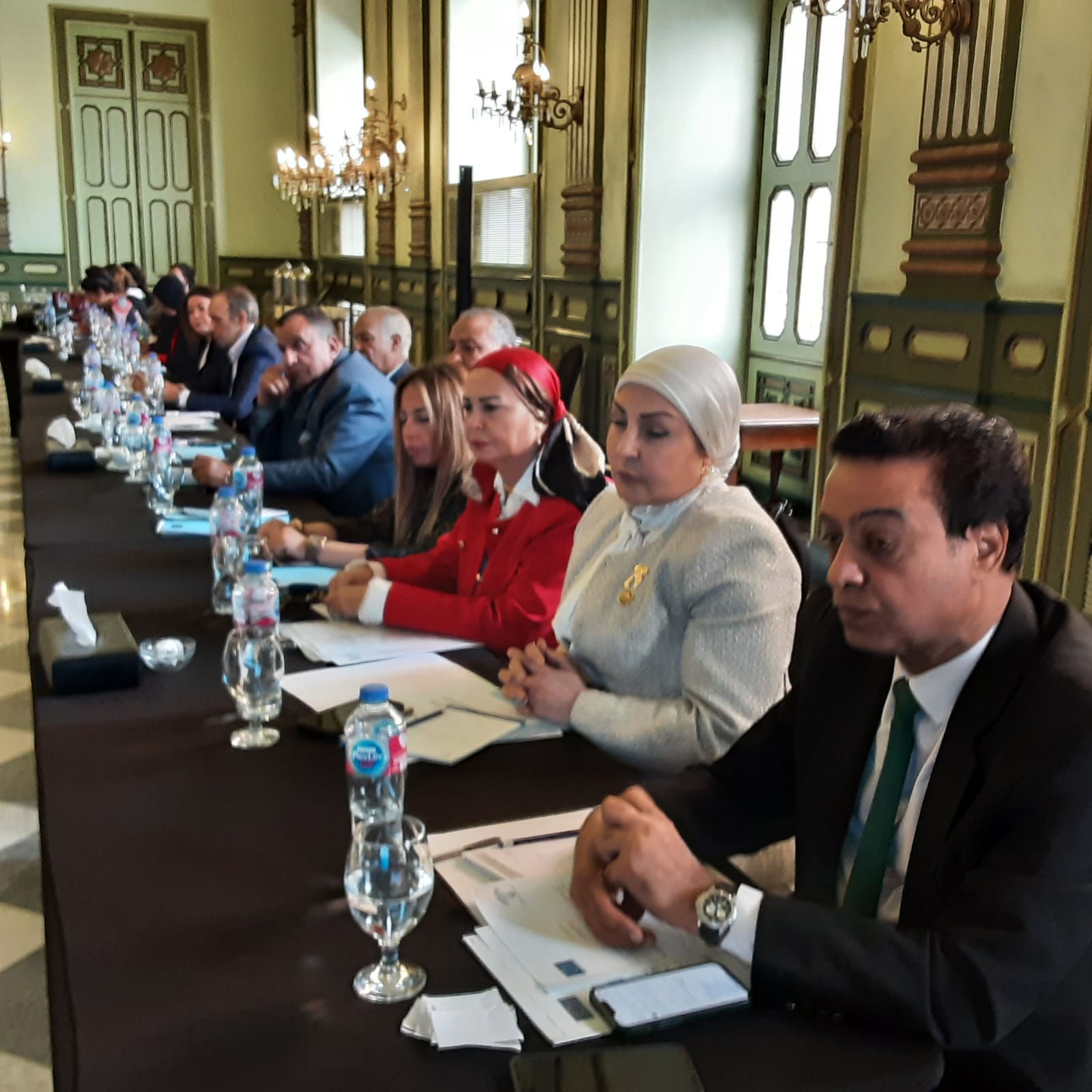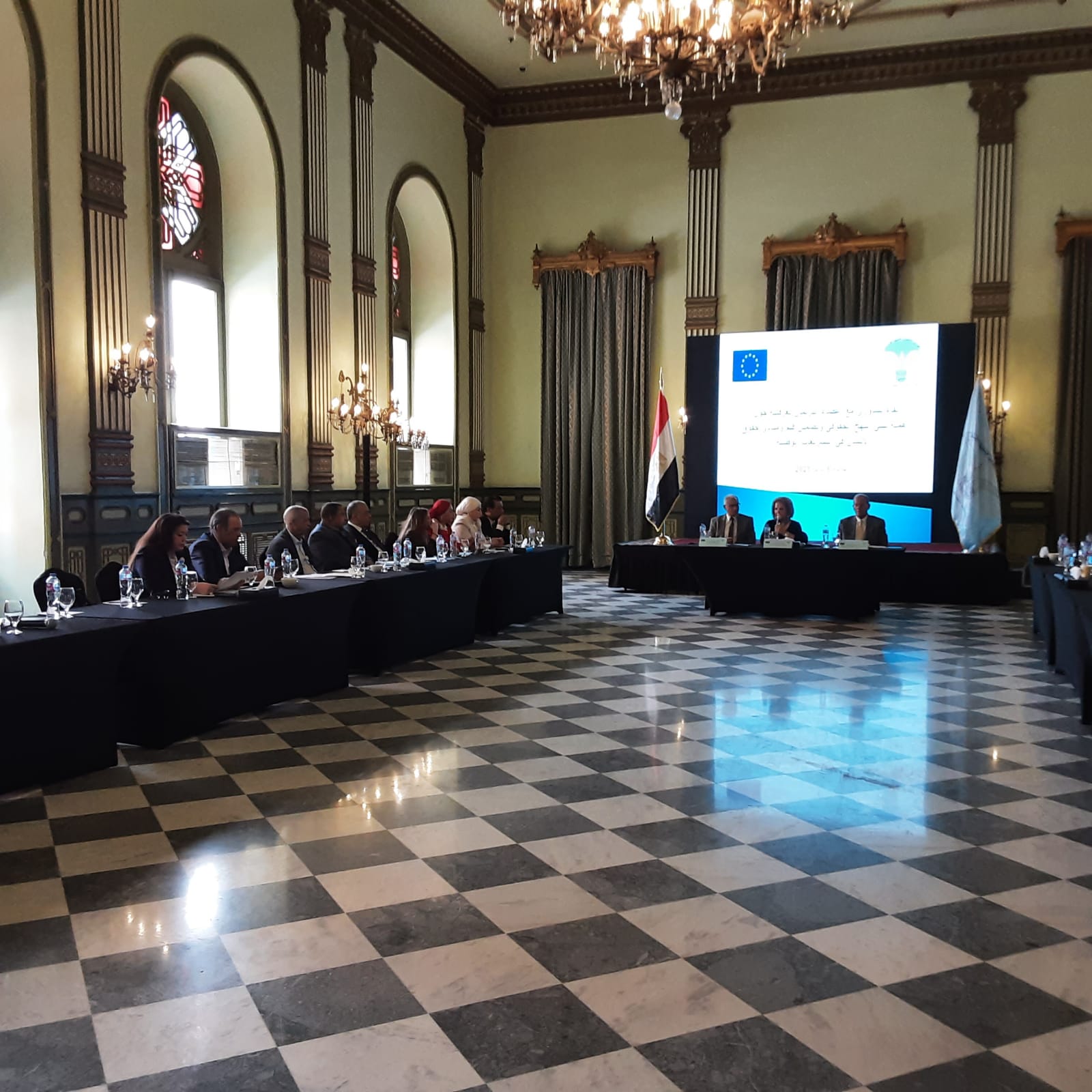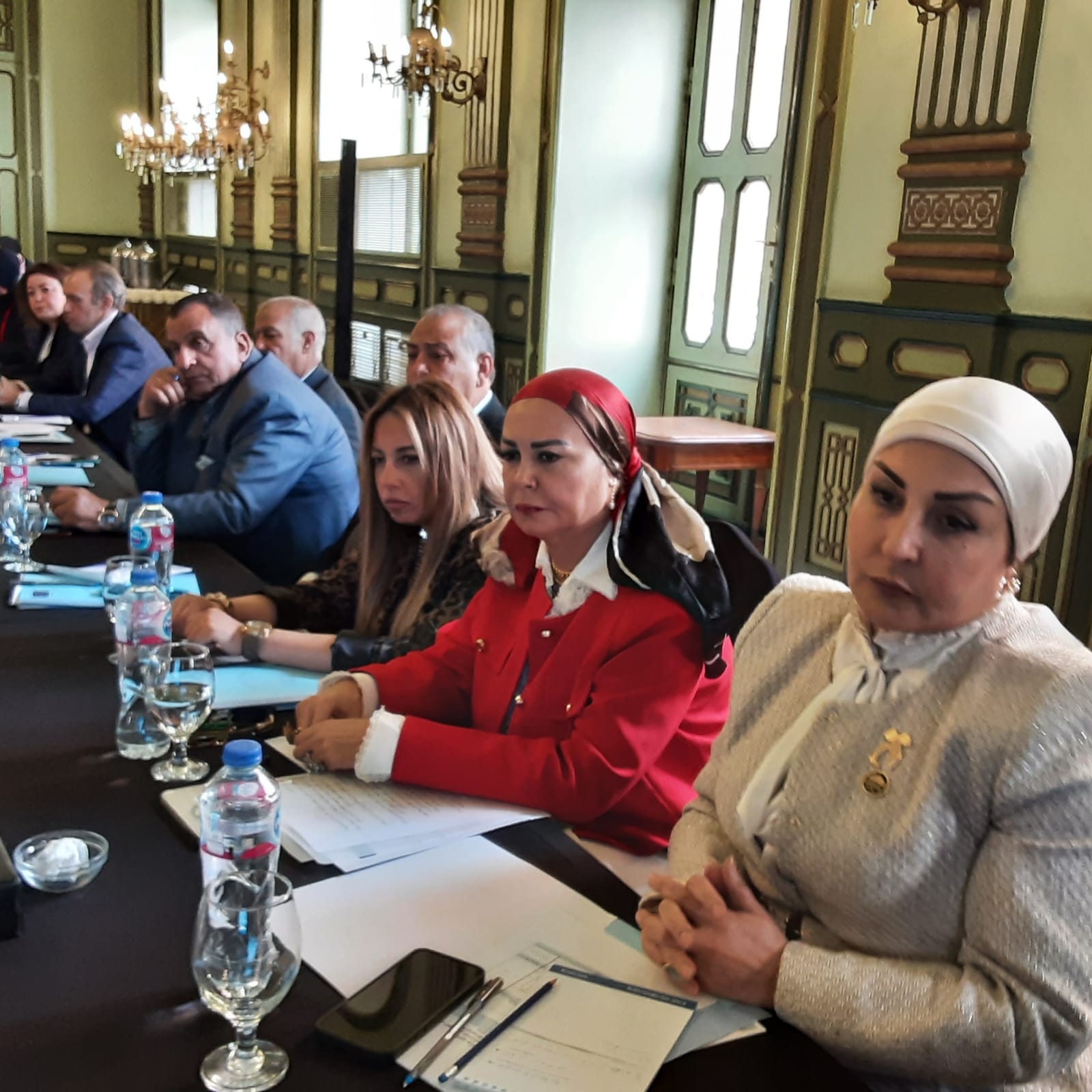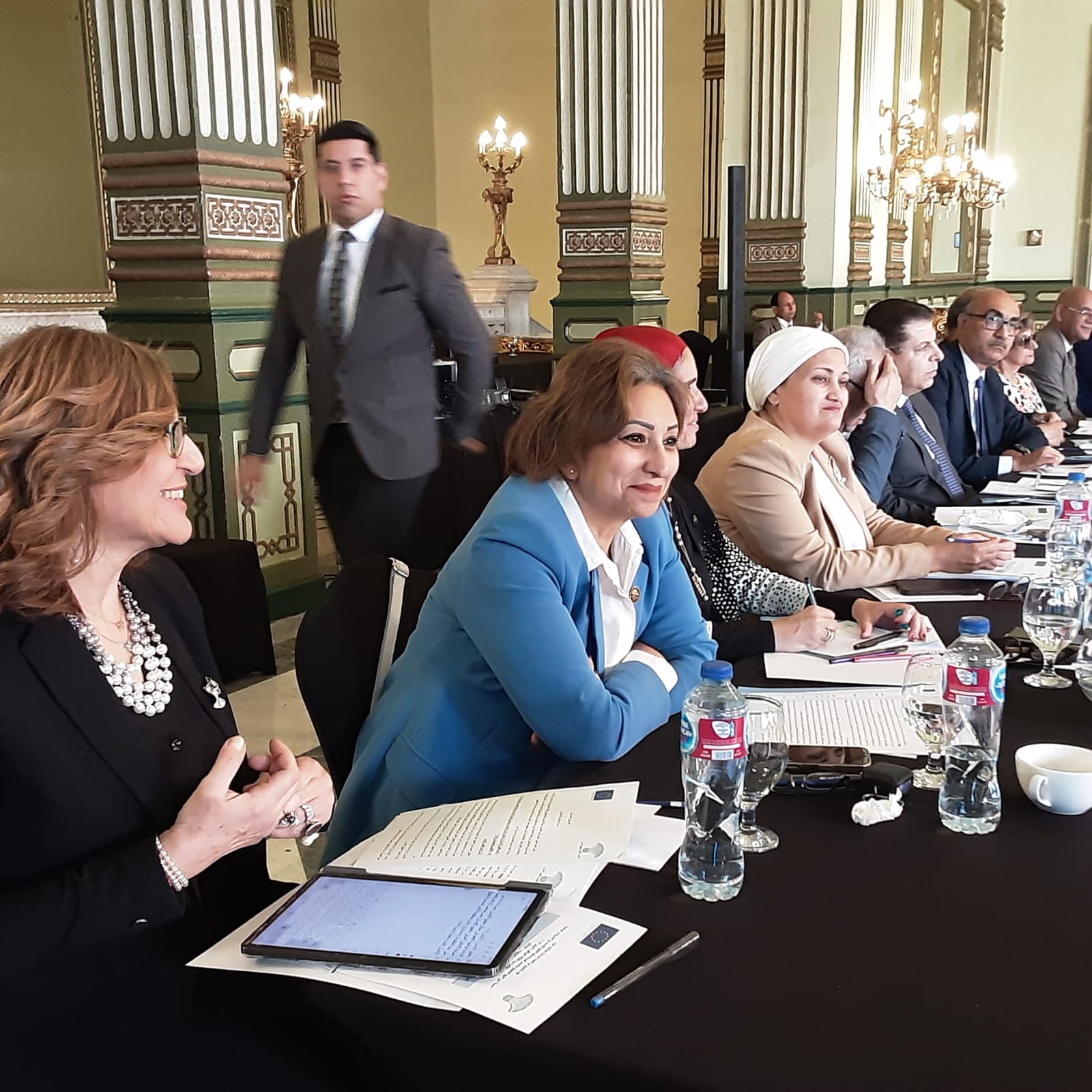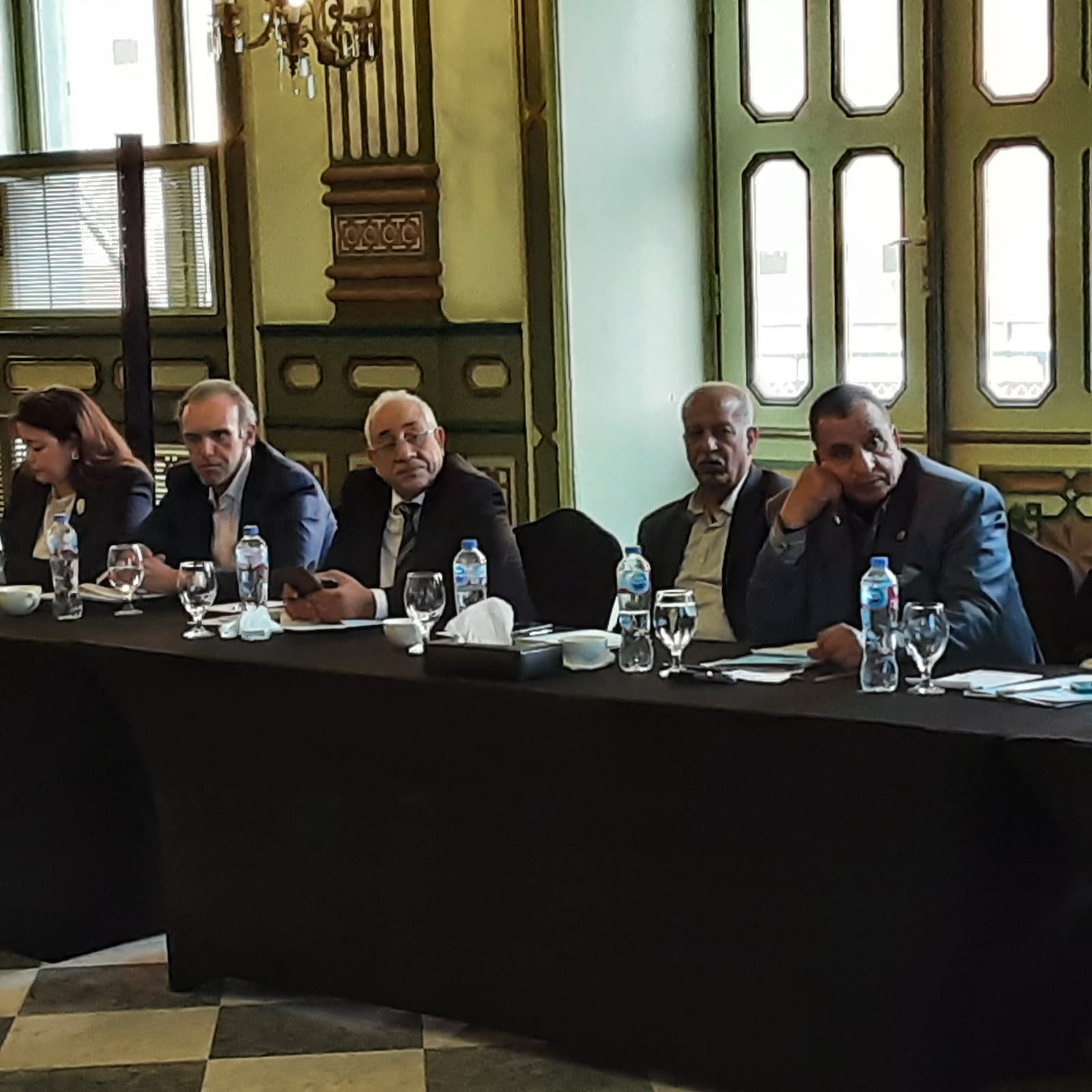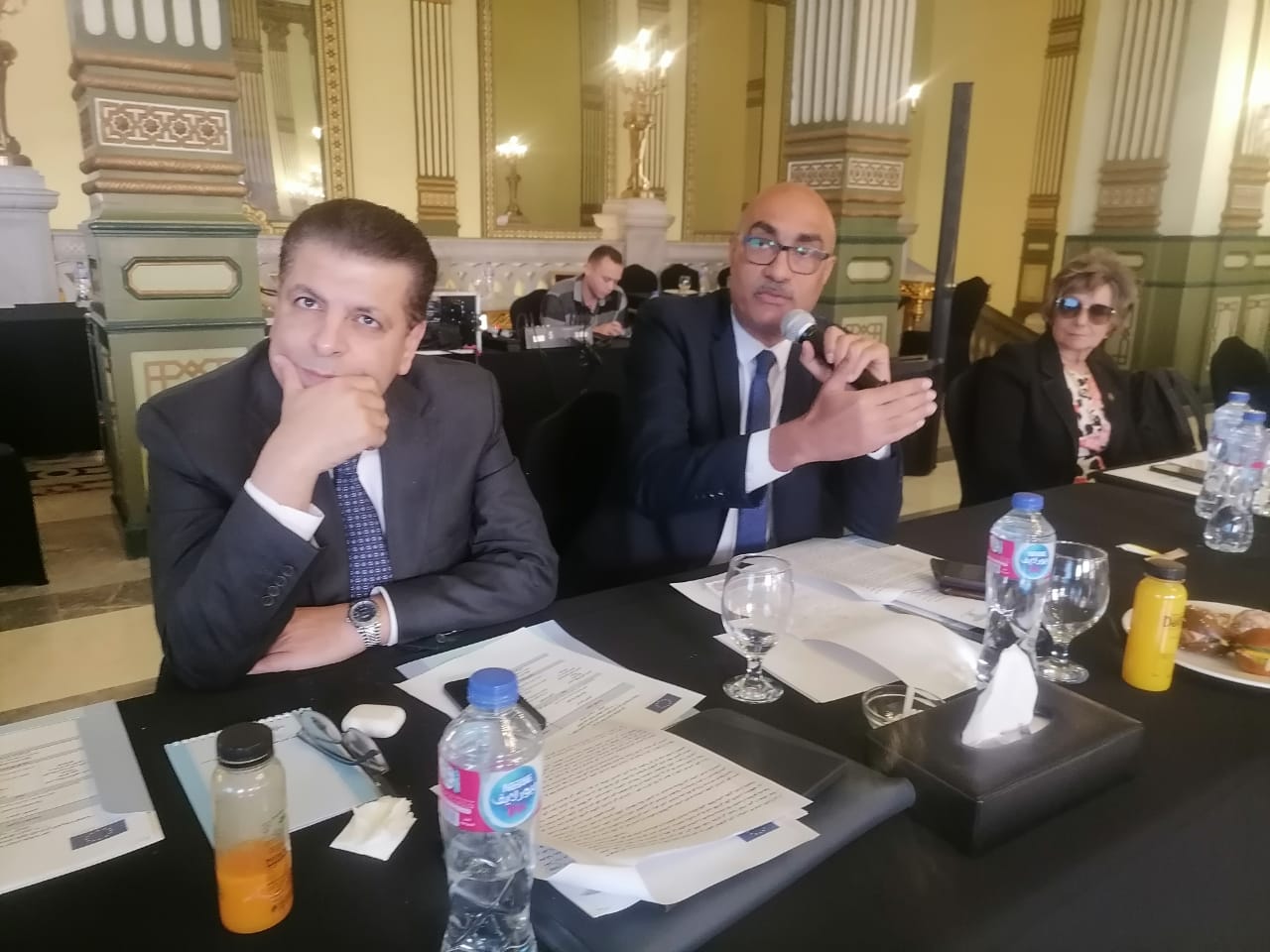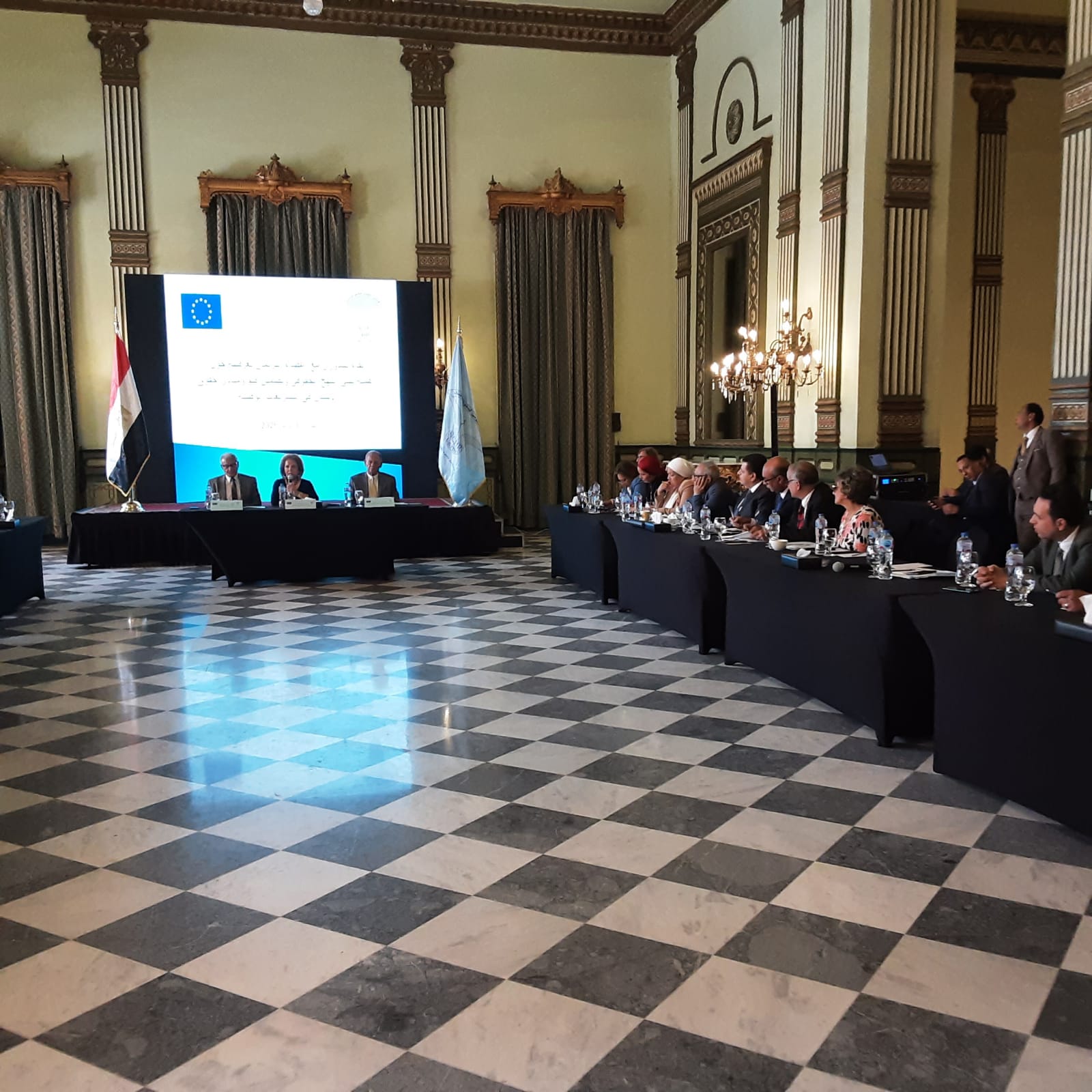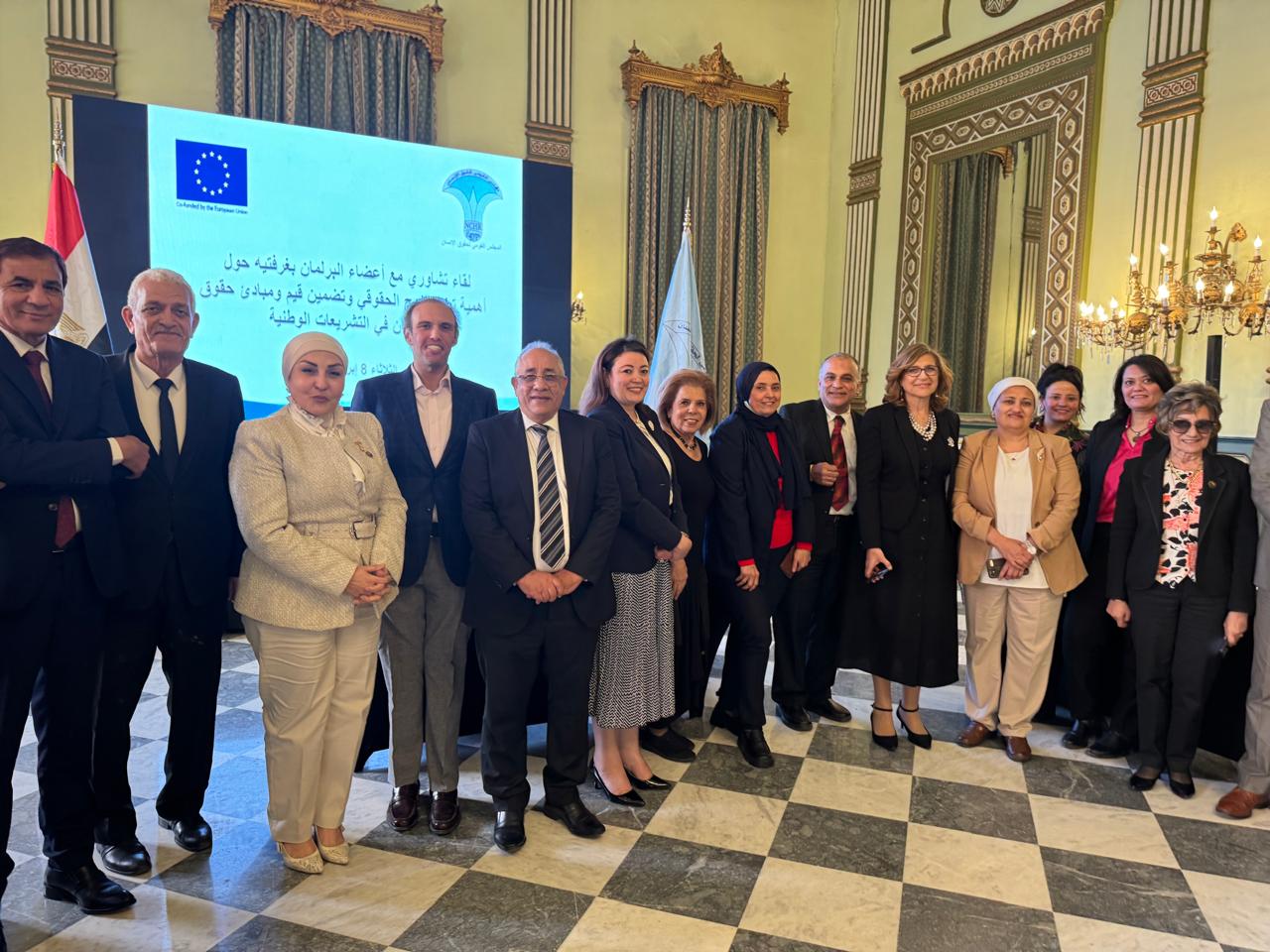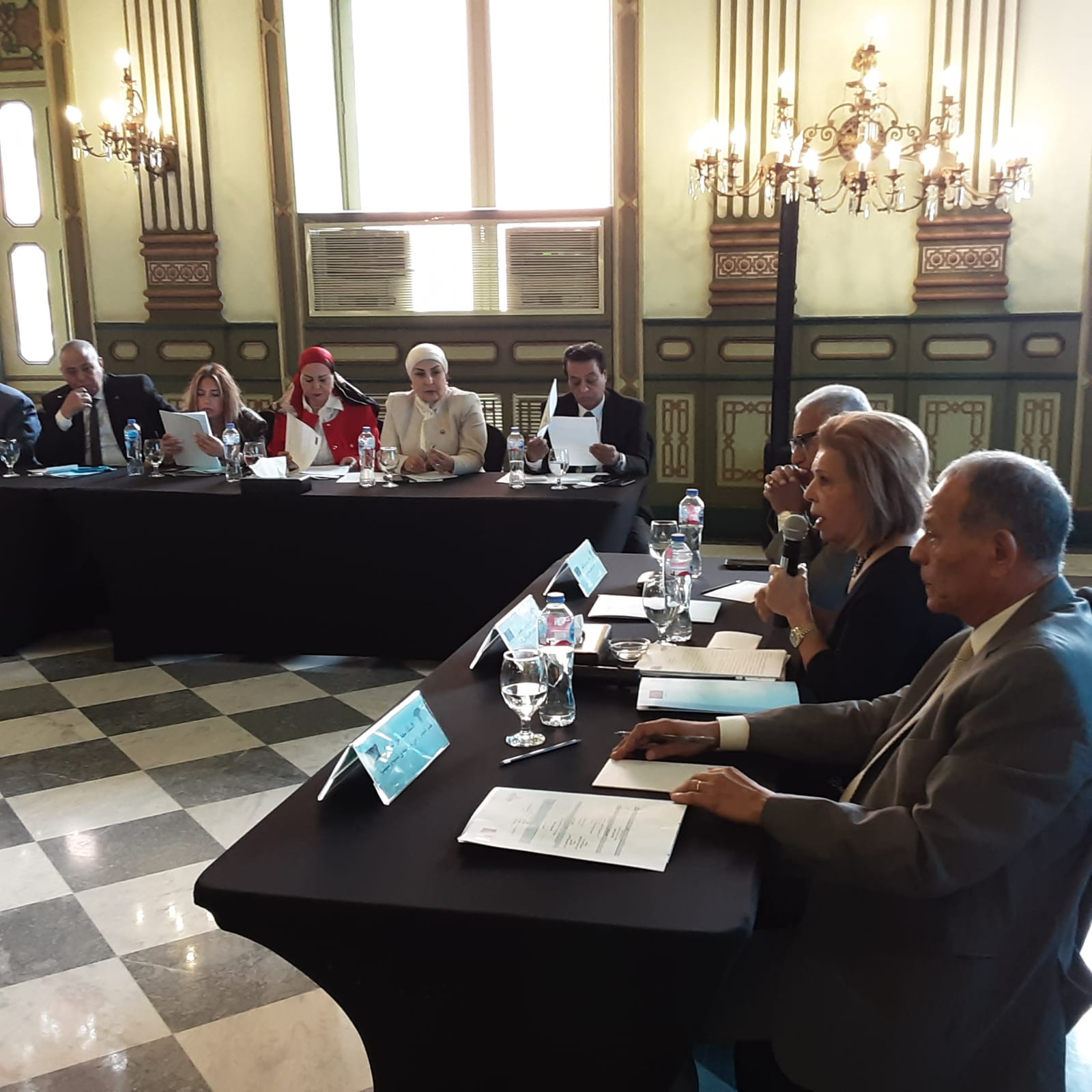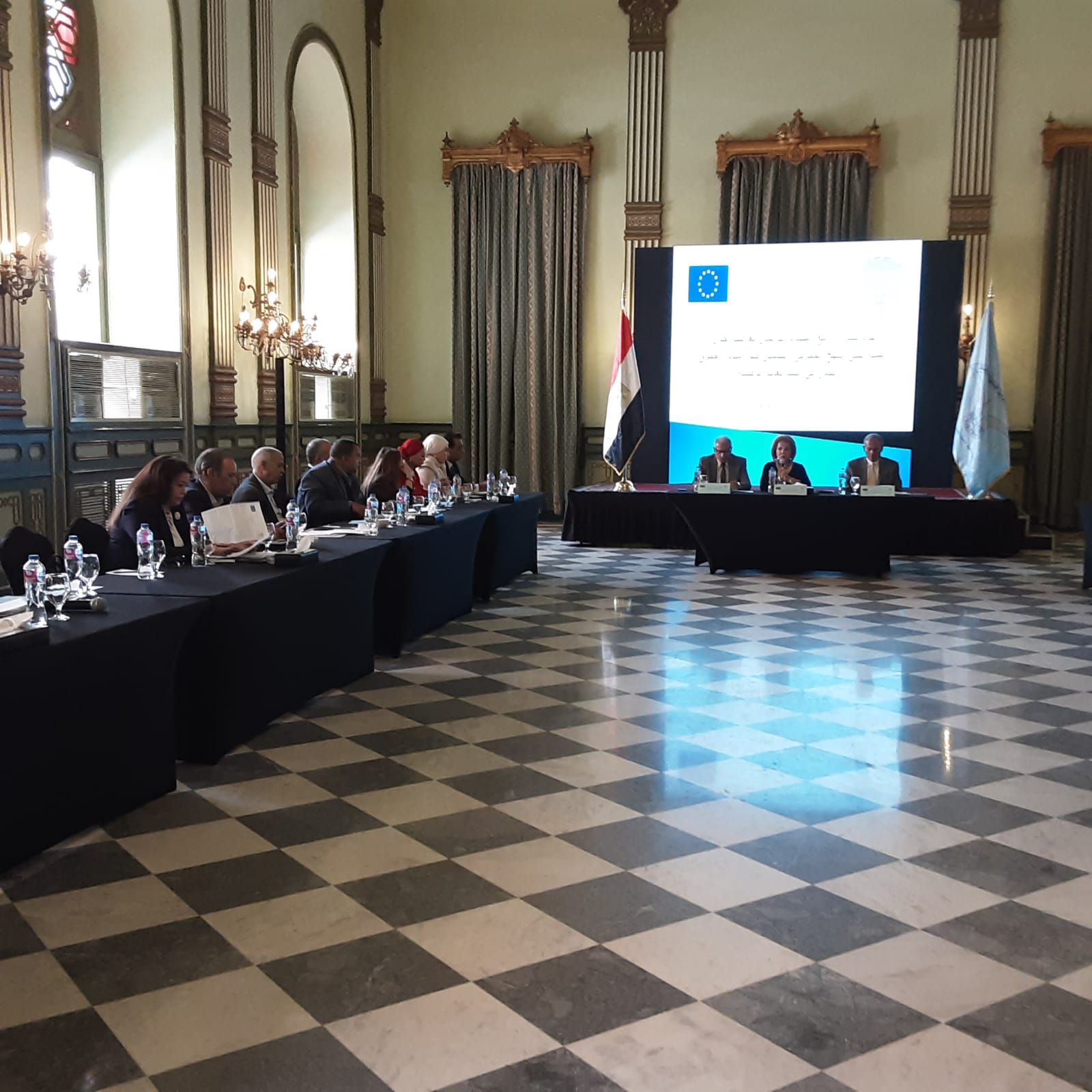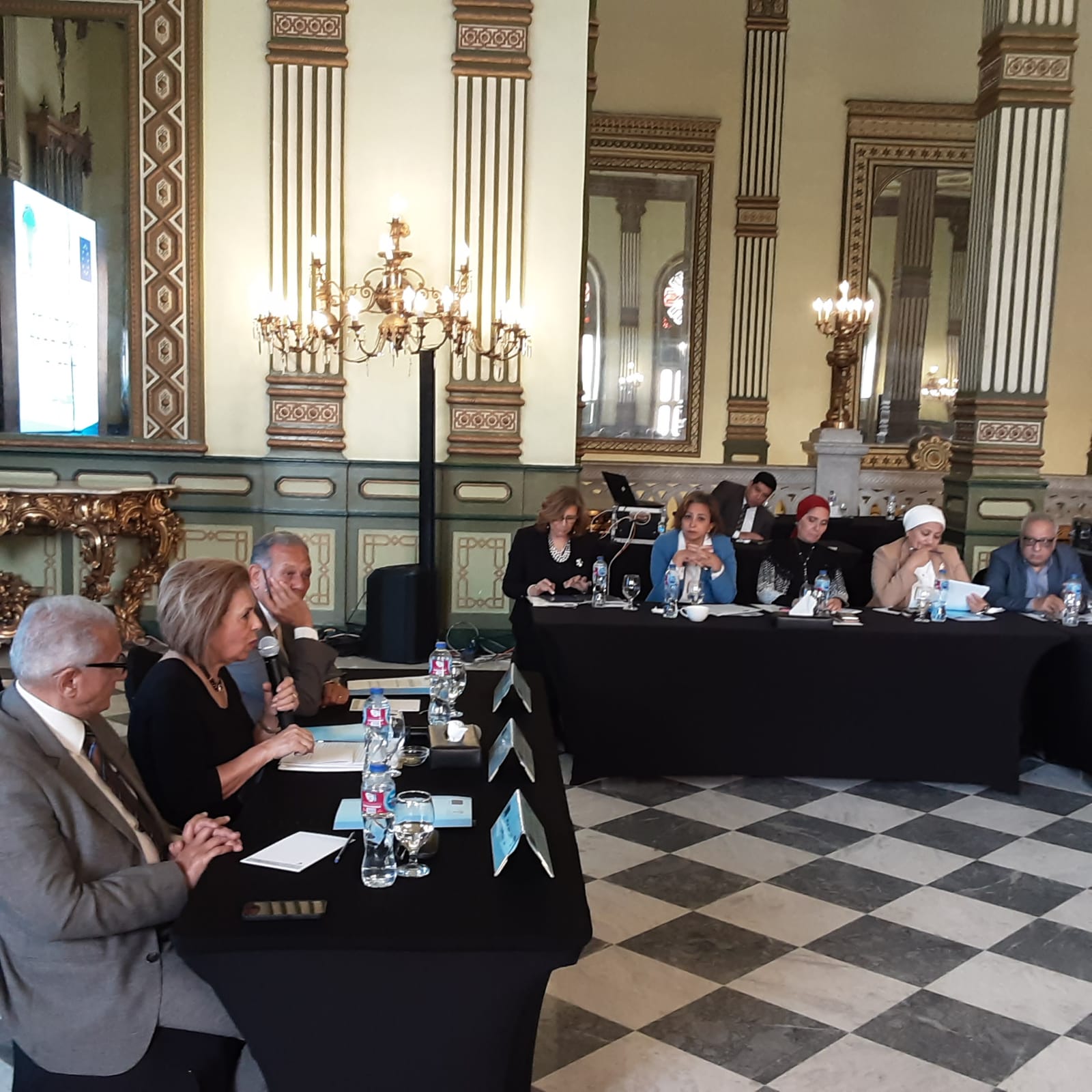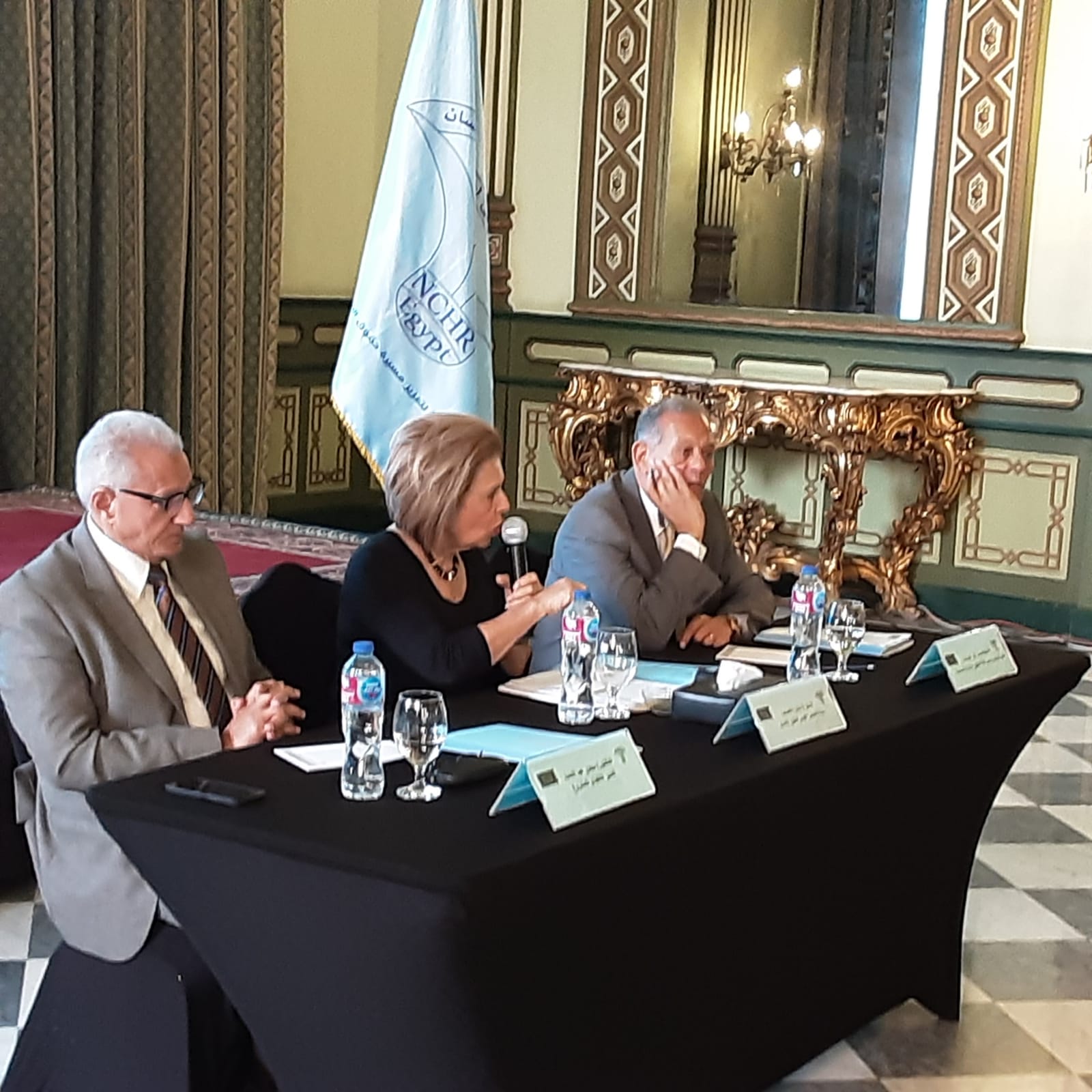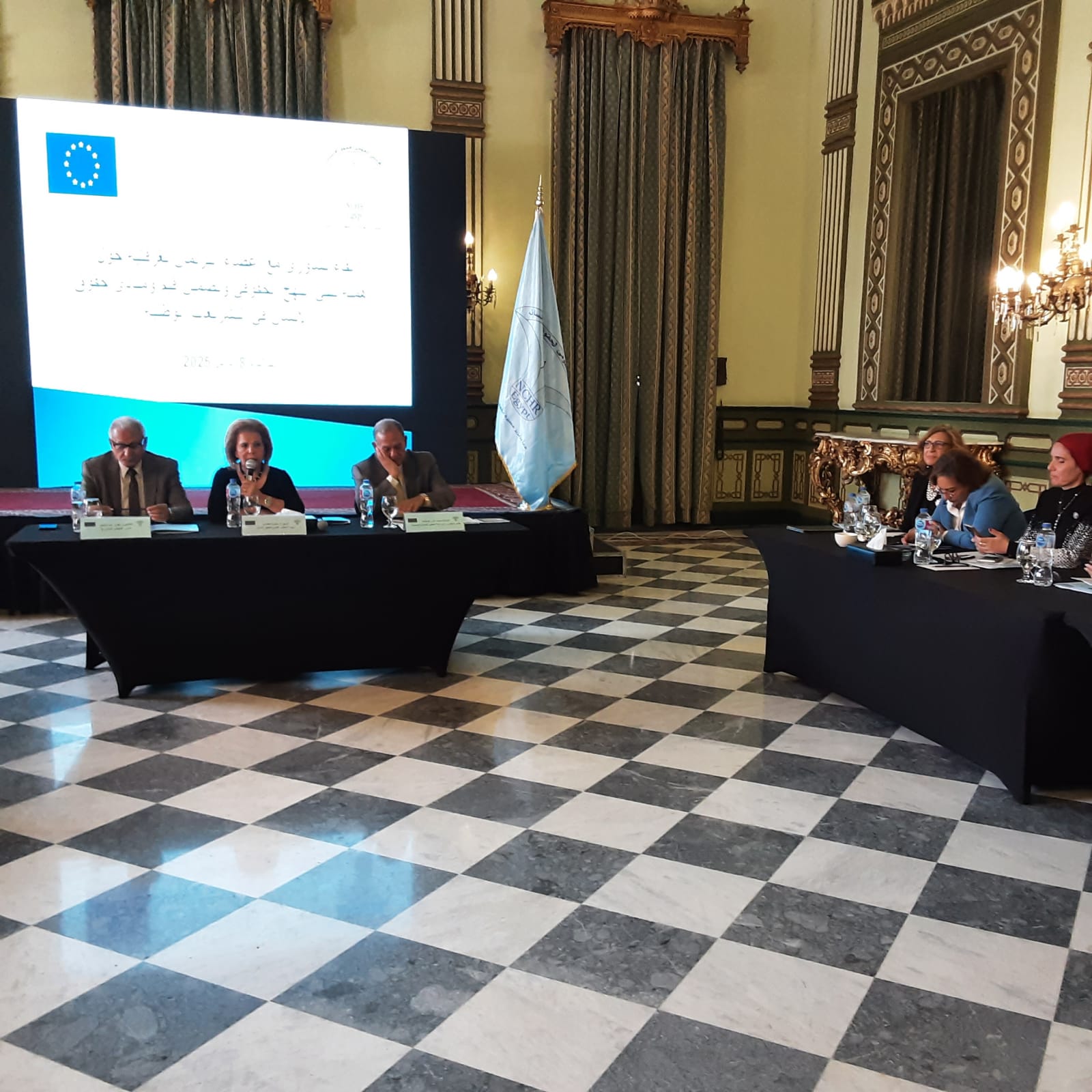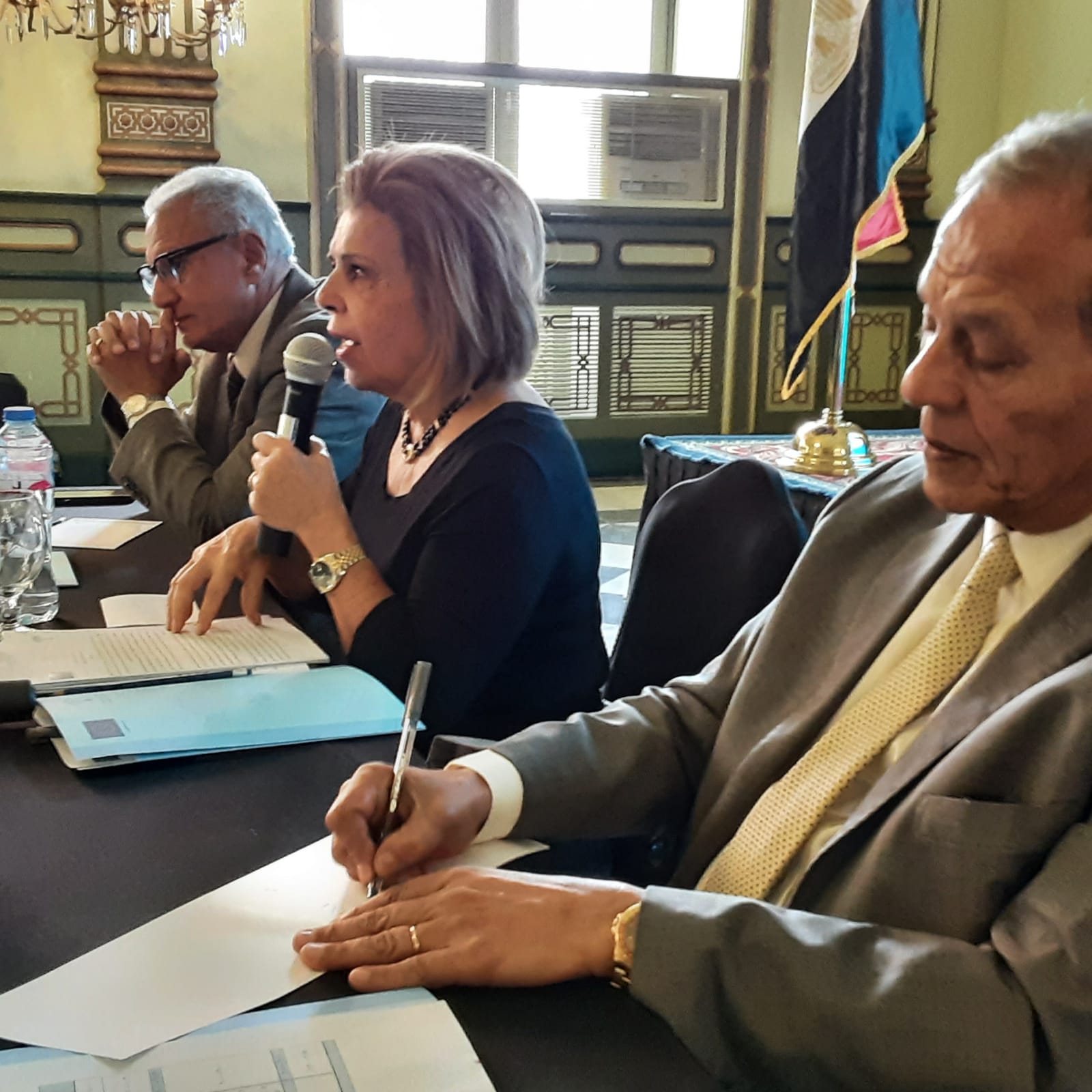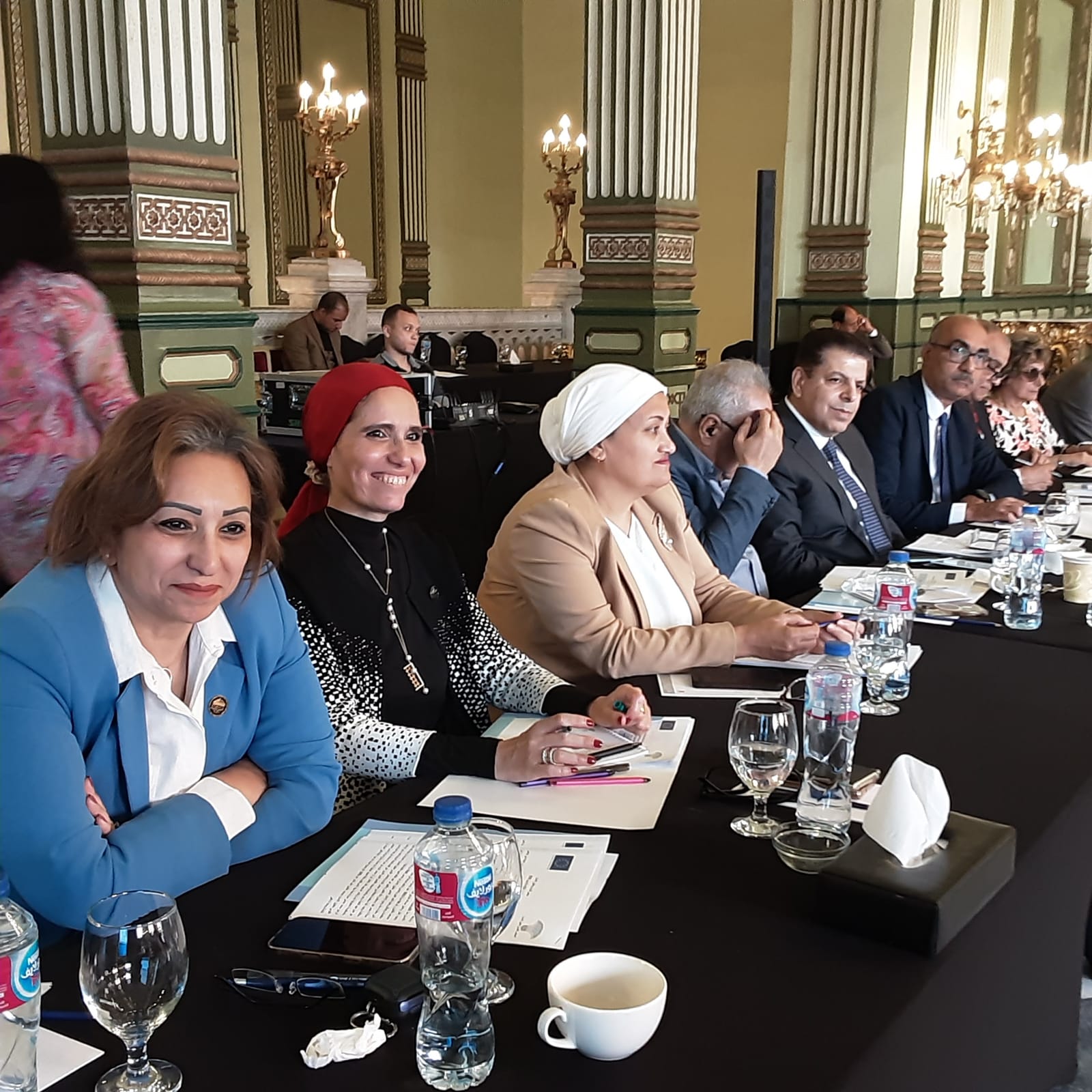NCHR convenes panel discussion with Parliamentarians on human-rights based approach to legislation
In line with its mandate to promote a human rights culture and to strengthen institutional cooperation with the legislative authority, the National Council for Human Rights (NCHR) convened a consultative meeting under the title: “The Importance of Adopting a Human Rights-Based Approach and Integrating Human Rights Principles and Values into National Legislation.” The session brought together a distinguished group of members of the House of Representatives, the Senate, civil society organizations, human rights activities and media professionals, reaffirming the Council’s commitment to advancing justice, equality, and the integration of constitutional principles and international human rights standards into the national legislative framework.
In her opening remarks, Ambassador Moushira Khattab, President of the Council, underscored the imperative of embedding a human rights-based approach within the legislative process to ensure the coherence of the national legal system with Egypt’s international obligations and to promote justice within society. She emphasized that constructing a legislative system grounded in human rights principles is essential in light of the current national and regional challenges.
The Chairman of the council’s civil and political rights committee highlighted the necessity of integration between constitutional institutions at this critical juncture, in order to strengthen the human rights dimension across legislative frameworks. He emphasized the importance of establishing a permanent consultation mechanism between the NCHR and Parliament to ensure that human rights considerations are systematically incorporated into legislative policymaking.
Dr. Magdy Abdel Hamid, Executive Director of the joint project with the European Union, highlighted the value of incorporating a comprehensive human rights perspective into legislative processes as a means to support a more responsive legal framework and strengthen trust between citizens and the State. He noted that legislation should be informed by the practical realities of rights as experienced by individuals, rather than existing in isolation, and underscored the need for ongoing, structured dialogue with legislative bodies to ensure alignment with human rights principles.
In the event, Participants have emphasized that the reform of the legal framework governing the National Council for Human Rights (NCHR enabling law), the operationalization of effective oversight mechanisms, and the reinforcement of institutional dialogue between the legislative authority and the Council constitute urgent and non-deferrable priorities.
During the event, the Council reiterated its call for the release of all individuals detained in connection with the peaceful exercise of their right to freedom of opinion and expression, in accordance with constitutional guarantees and international human rights standards.
The panel discussion produced a range of key recommendations which include:
- Amend the Law on the Regulation of Public Assemblies and Demonstrations, given the undue restrictions it imposes that impede the exercise of the right to peaceful assembly, contrary to the State’s obligations to facilitate and enable this right in a manner consistent with international human rights standards.
- Establish a framework for regular and periodic quarterly consultations with the Human Rights Committees of both the House of Representatives and the Senate, with a view to formulating actionable and implementable recommendations that enhance legislative alignment with human rights principles
- Examine the integration of human rights principles and legal frameworks into curricula at all educational levels to promote awareness and foster a rights-based culture.
This meeting is part of an ongoing series of consultations convened by the Council to strengthen constructive engagement with State institutions and foster a shared understanding of human rights challenges. It underscores the Council’s sustained commitment to raise awareness about human rights principles and values across all branches of government.





 English
English
 Arabic
Arabic
 French
French
